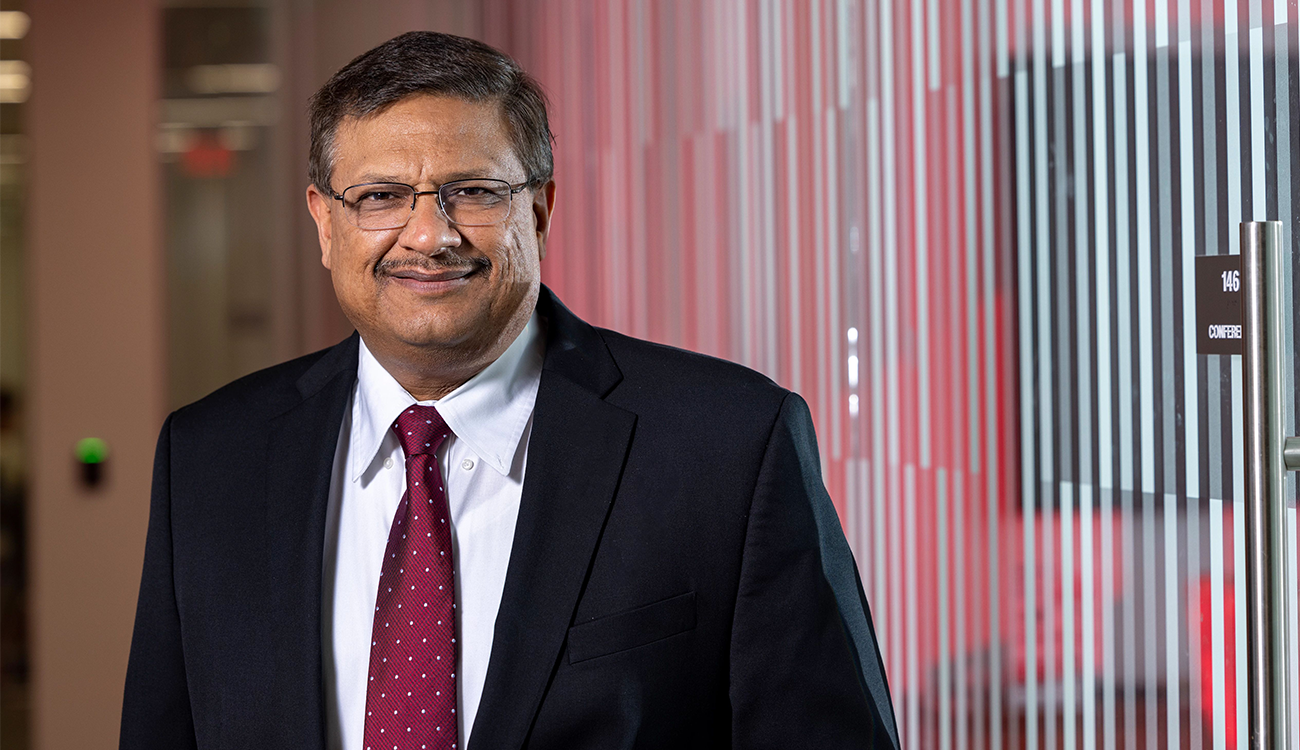Computer science isn’t a new discipline at the University of Georgia.
For decades, the degree has trained students for careers in software development, computer system support, or information technology departments that exist at virtually every large company in America.
Recent years, however, have shown just how expansive our technological advancements can be. From the growth in online social platforms and deployment of artificial intelligence in manufacturing to generative AI tools like ChatGPT and the computing power we carry in our pockets, computing has grown beyond the borders that once thought to hold it in.
To prepare for a world inexorably tied to these technological advances, UGA established a task force in 2022. Nationally, employment in STEM-related occupations was projected to grow by 8% through 2029. Within that group, computer science and engineering are among the highest forecasted growth.
The task force led to a hiring initiative in data science and artificial intelligence and culminated with the launch of the School of Computing on July 1, 2022, jointly administered by the Franklin College of Arts and Sciences and the College of Engineering.
Since Fall 2022, the school has added seven new tenure-track faculty. It now serves nearly 1,800 undergraduate students pursuing computer science and data science degrees, another 260 graduate students, and more than 200 students pursuing one of its three certificate programs.
In Summer 2023, Professor Gagan Agrawal joined the UGA ranks as the school’s first director.
“I came to UGA because it is both a strong research university and also an incredible opportunity to build for the future,” said Agrawal, who spent nearly two decades at Ohio State before becoming a professor and associate dean for research and graduate studies at Augusta University in Georgia. “We have strengths in cybersecurity and privacy, artificial intelligence and machine learning, data science and computer systems.
“But there is so much room to grow.”
The future of computing at UGA extends beyond the doors of Boyd Hall, where most of the school’s faculty currently reside. In the modern world, it’s a part of every discipline across campus. There are health applications in biomedical computing and bioinformatics, generative AI that involves the humanities and arts, policy that intersects with the School of Law.
And behind it all, there is the human-centered concern about developing and deploying systems that are safe, responsible, and equitable.
In all these things and more, UGA is expanding its influence, training future students in computer science and doing research that will impact society worldwide.

Wanda Parisien is a computing expert who navigates the vast landscape of hardware and software. With a focus on computer technology, software development, and industry trends, Wanda delivers informative content, tutorials, and analyses to keep readers updated on the latest in the world of computing.


